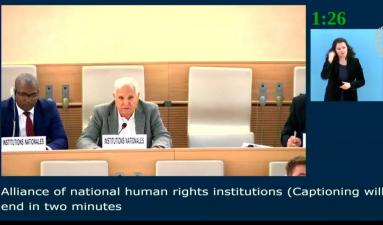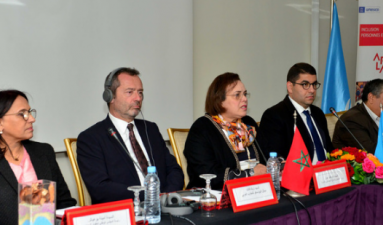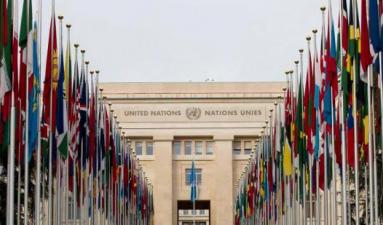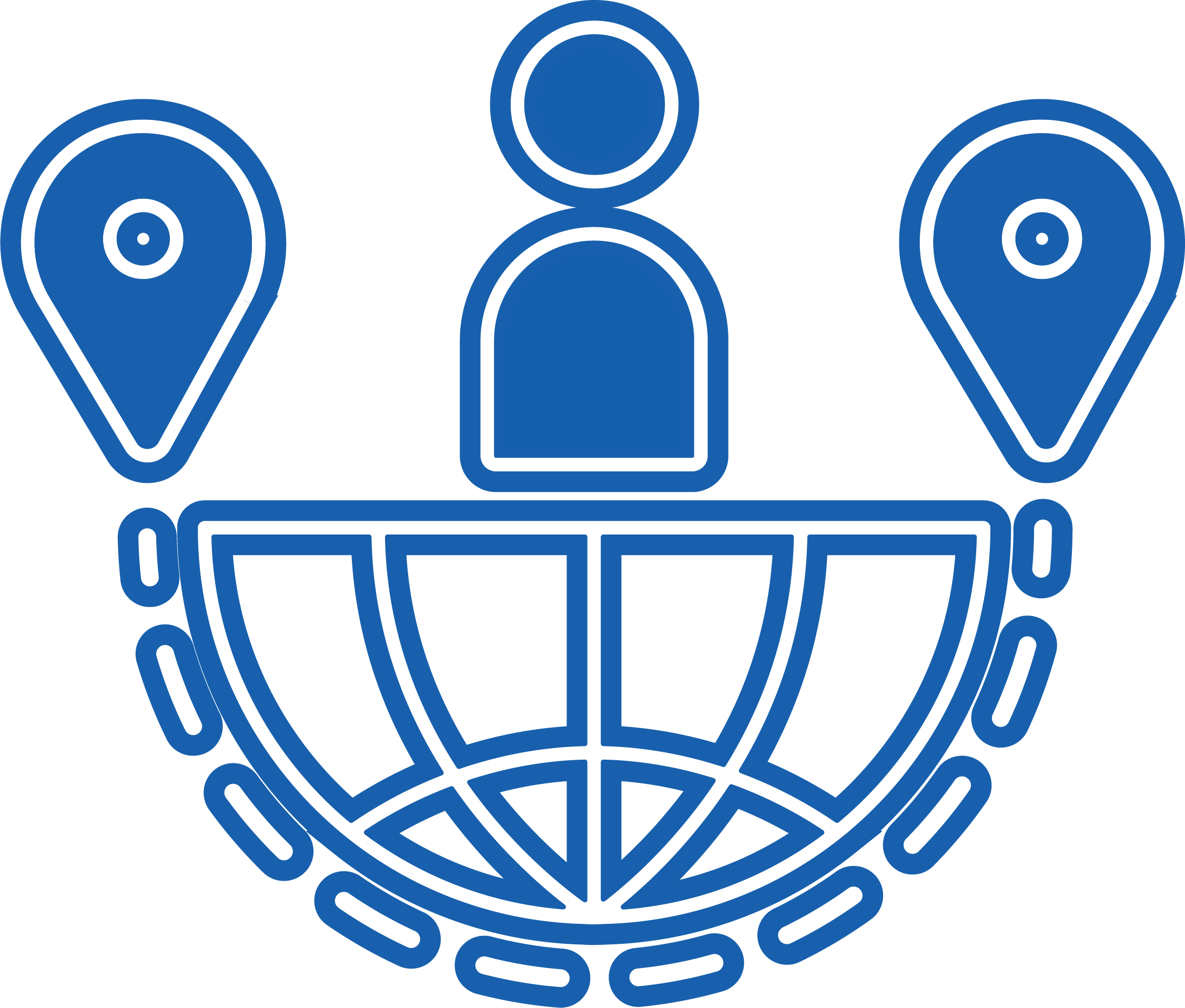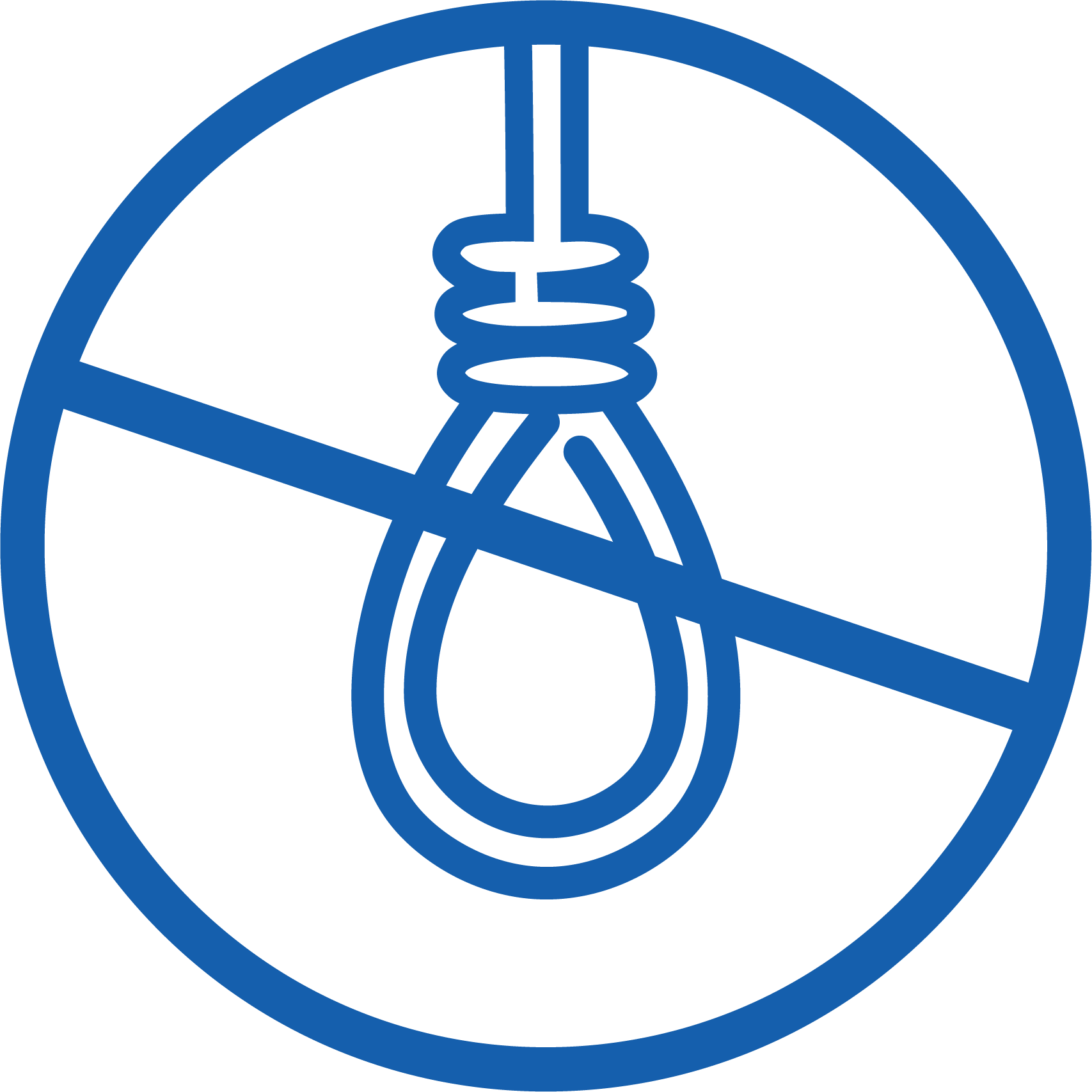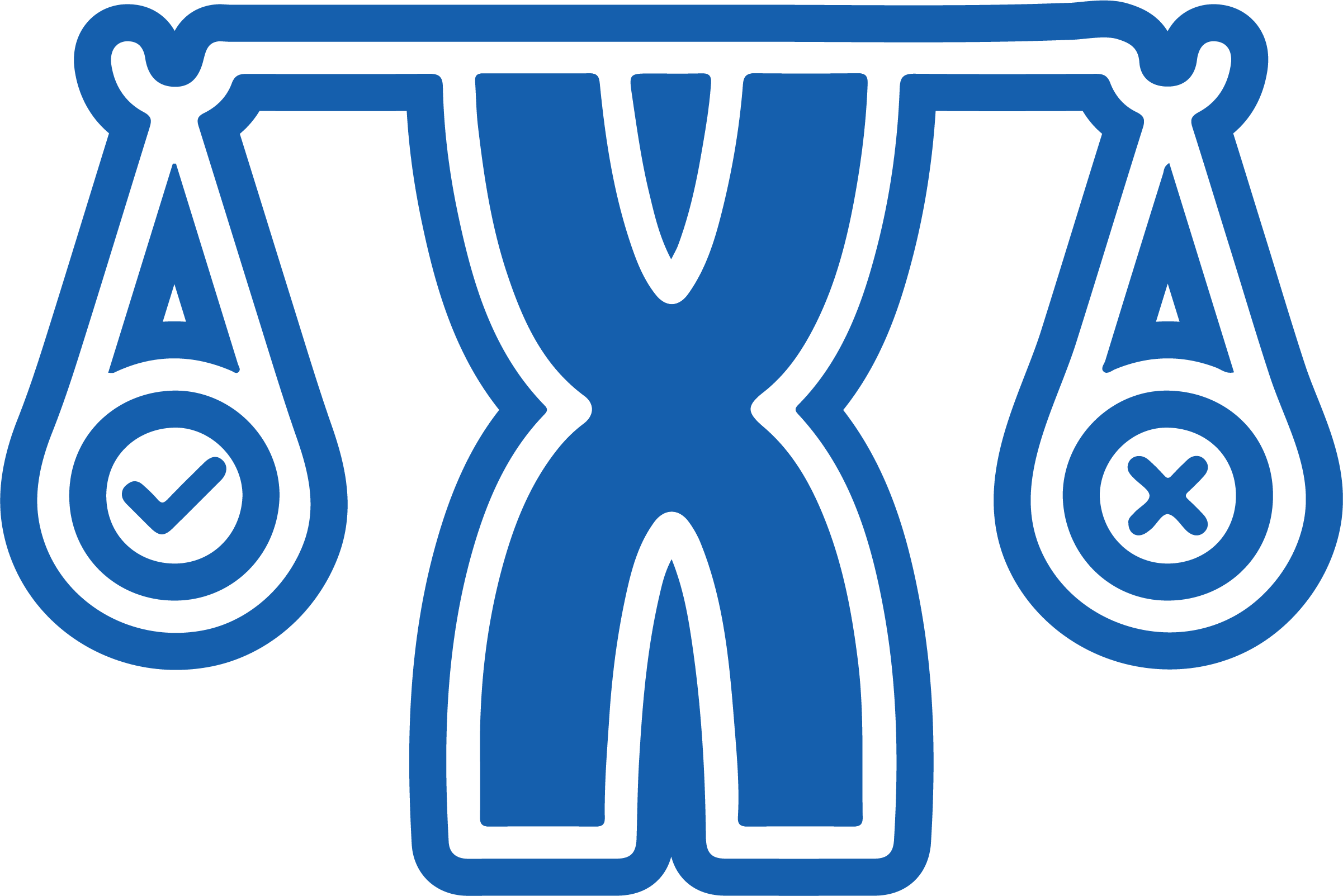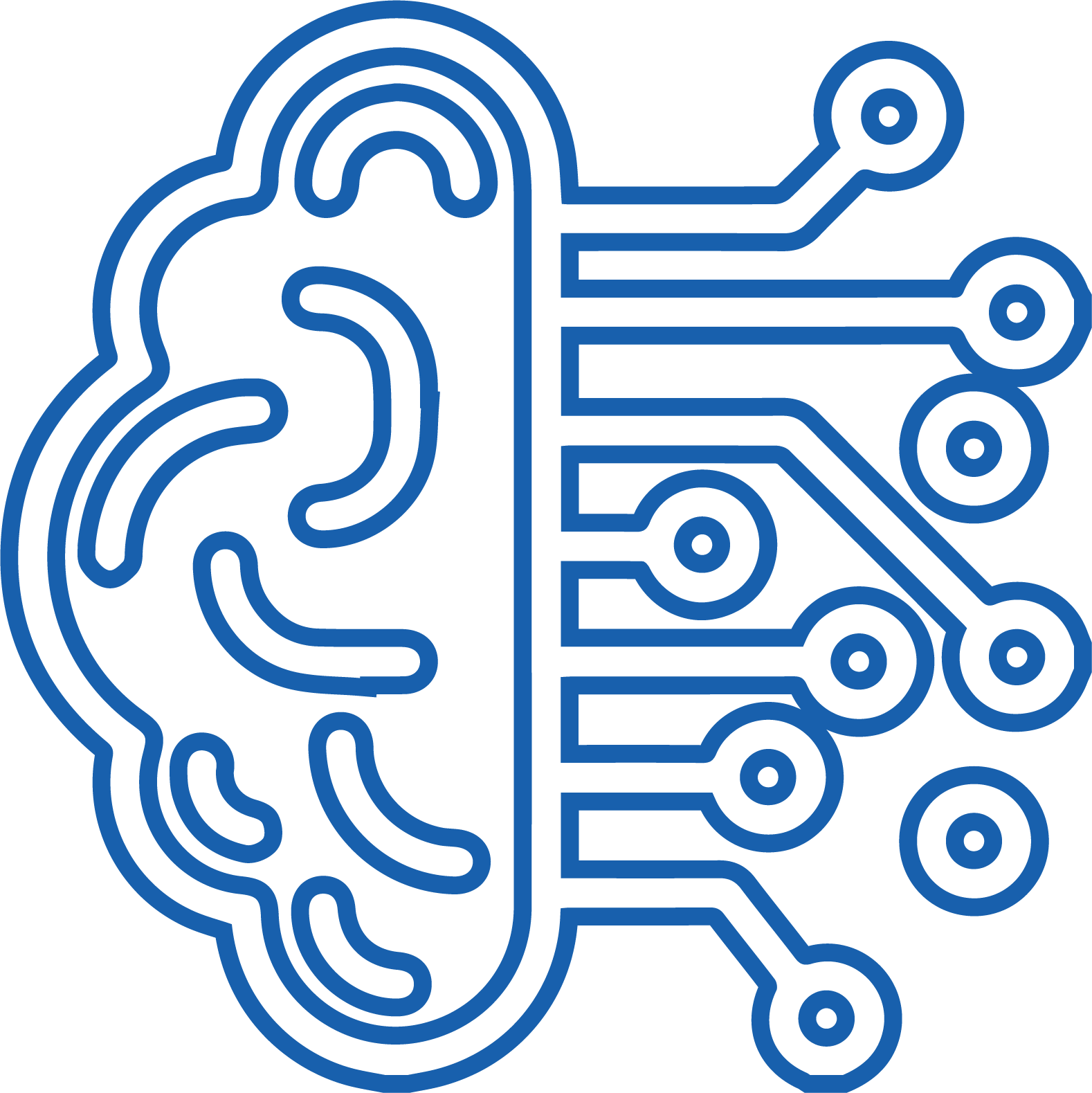The strategic axis on protection of persons with disabilities (PWD) is a key area of the National Human Rights Council (CNDH)’s actions, including both protective measures and the promotion of the rights of this group.
In its provisions outlined in articles 12 and 19, Law No. 76-15 on the reorganization of the CNDH mandates the establishment of a National Mechanism for the protection of PWD. This initiative falls within the framework of expanding the CNDH mandate as a national institution committed to protecting and promoting human rights, along with preventing potential violations.
Based on its strategy that defines its mission, vision, references, and areas of action, the CNDH seeks to contribute to organizing and framing public discussions on the effectiveness of the rights of PWD across diverse fields related to civil and political rights, as well as economic, social, cultural, and environmental rights, which include aspects such as education, health, and employment.
In this context, the CNDH keeps pace with the legislative actions of the parliament, particularly focusing on projects and proposals related to human rights. It interacts with parliamentary groups addressing the rights of PWD, in line with its mandate. This involvement is driven by the crucial role of these proposals within the legislative system as the key for legal protection and empowerment, facilitating access to fundamental rights for this group.
The CNDH organized meetings and workshops to discuss draft laws, including a proposal to amend and supplement Framework Law No. 97-13 related to the protection and promotion of the rights of PWD. Another proposal, Law 10-03 on accessibility, was also discussed. These efforts aim to contribute to the legal and human rights debate on equality and non-discrimination, as key principles in the International Convention on the Rights of Persons with Disabilities (CRPWD). The goal is to ensure guarantees for the rights of PWD and enhance their active and effective participation in public life.
In this context, the CNDH advocates for the full exercise of legal capacity and develop a comprehensive program that breaks away from the "guardianship" system, establishing an "assistance" system for PWD. Emphasizing that this is an inherent right, the CNDH asserts that such rights cannot be denied, hindered, or socially and culturally restricted due to disability.
Furthermore, the CNDH emphasizes the necessity of harmonizing legislation, texts, and decisions related to the right to inclusive education as an empowering right, aligning with the provisions of Article 24 of the International CRPWD. It also highlights the need to set national standards for businesses and employment institutions to provide a suitable environment for the employment of PWD.

